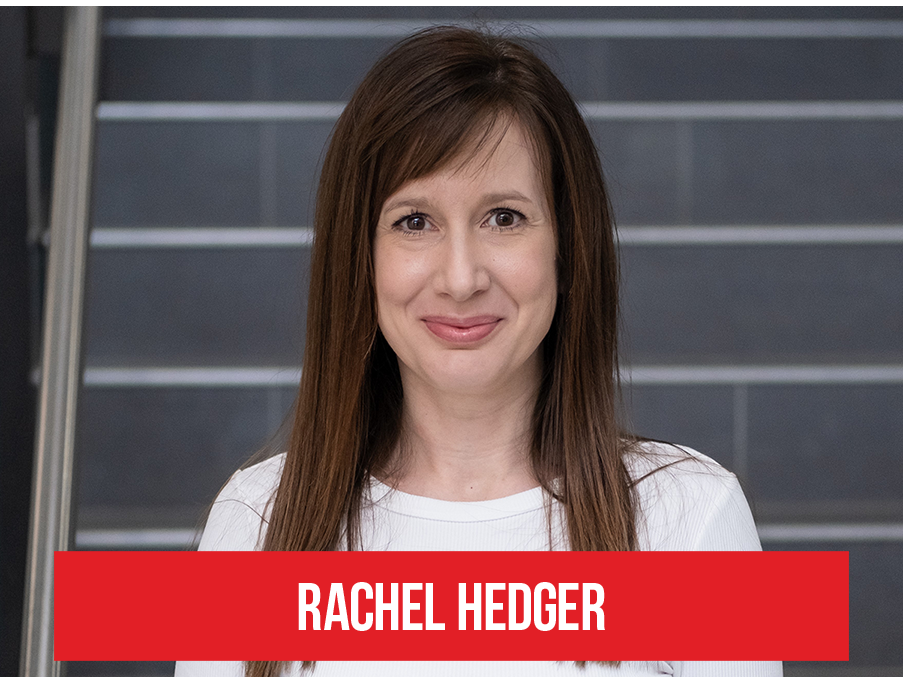It’s National Aboriginal and Torres Strait Island Children’s Day tomorrow – Friday, 4 August – and researchers say two-thirds of Australia’s Indigenous students still struggle with developmental skills when beginning school.
Dr Joanne Buckskin and Senior Lecturer Rachael Hedger from Flinders University say much work is being done across the nation to combat social challenges in Indigenous early education.
A Kaurna and Narrunga woman living in Kaurna Country, Dr Buckskin said the “sense of community” is vital in guiding Indigenous students through their transition into adulthood.
“Indigenous children depend on their families, wider communities, friends and educational systems to support their development and to guide them through childhood with confidence so their transition to adulthood is seeming less,” she said.
“It is therefore important that our community services for families are reflexive and responsive to the diverse need of Indigenous children.”
As an early years advocate and a proud grandparent of children in early education, Dr Buckskin says Indigenous Children’s Day plays a major role in empowering young people to follow their dreams and to build a brighter, more inclusive future.
“Indigenous Children’s Day is about celebrating the ongoing survival and resilience of Indigenous children all around the world,” she said.
“I am inspired when I attend early years learning centres or local schools and meet educators and leaders who, thoughtful and strategically, are working at all levels to build culturally responsive and safe spaces where Indigenous children can thrive and grow.”
According to an Interim Report on early learning centres by the Australian Competition and Consumer Commission (ACCC), only 58 per cent of Aboriginal and Torres Strait Islander children were enrolled in childcare in 2022, compared to 70 per cent of all Australian children.
“A more inclusive tomorrow”
Looking to the future, Ms Hedger told EducationDaily that all adults have a responsibility to ensure often overlooked Indigenous children’s voices are heard.
“A National Day for Aboriginal and Torres Strait Islander children recognises the importance of ensuring that children have a voice in matters that affect them,” she told EducationDaily.
“Children’s Day shines a spotlight on our Indigenous children and their presence within society. Aboriginal and Torres Strait Islander children continue to face challenges as a result of colonisation, including discrimination, poverty, family trauma and dislocation from land and culture.”
“To ensure that all children are supported to thrive within a safe and supportive cultural environment, we need to continue to raise awareness around the importance of supporting Aboriginal and Torres Strait Islander children within their family communities.”

Ms Hedger says as educators, teachers’ main focus should be on achieving equality through approaches to Indigenous pedagogies that meet children’s needs within a safe and secure learning environment.
“To fully support Aboriginal and Torres Strait Islander children, we need to look at our everyday practices and pedagogies that, at times, discriminate against Indigenous ways of knowing and being,” she told EducationDaily.
“At Flinders University, this is something that we are focussing on within our Early Childhood Teaching Space – the Pintya Kuu.”
“We have developed the Pintya Kuu with belonging at the core. We’re embedding Indigenous ways of knowing and being into the play experiences that we offer to children within this space and supporting our pre-service teachers to weave Indigenous pedagogies into their everyday practices.
Ms Hedgers is an advocate for learning through play and says early play experiences that acknowledge and incorporate Indigenous values allow children to connect to their culture and heritage in meaningful ways.
“When everything that we do considers Aboriginal and Torres Strait Islander children and families, then we can start to develop a curriculum that does the same,” she says.








